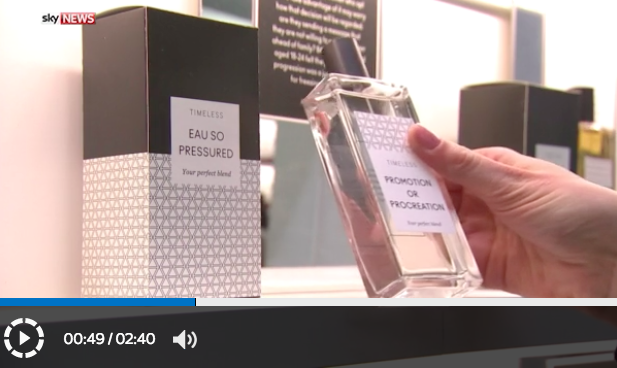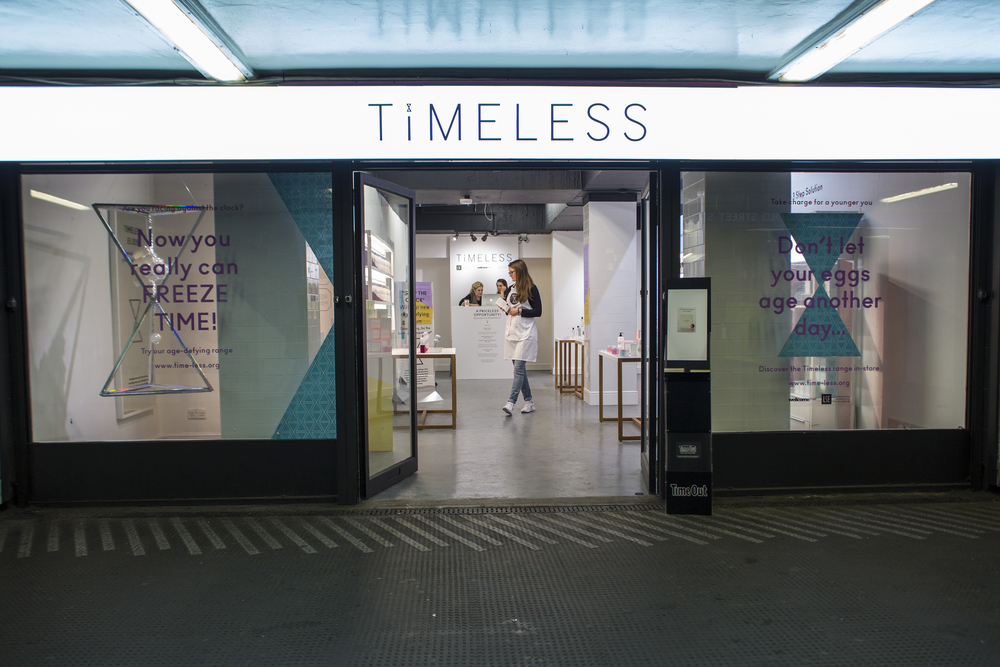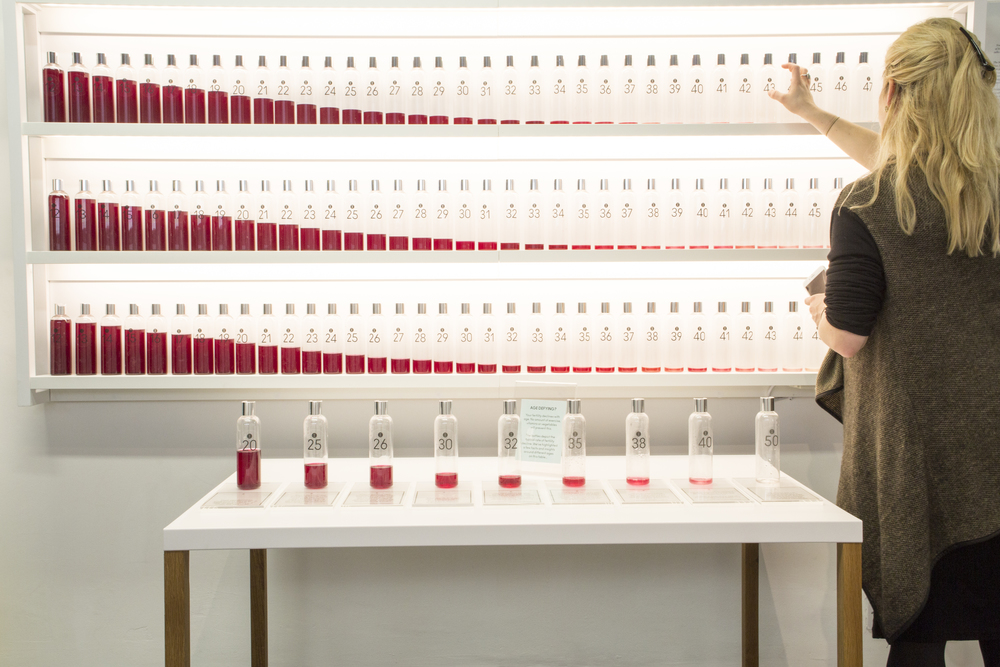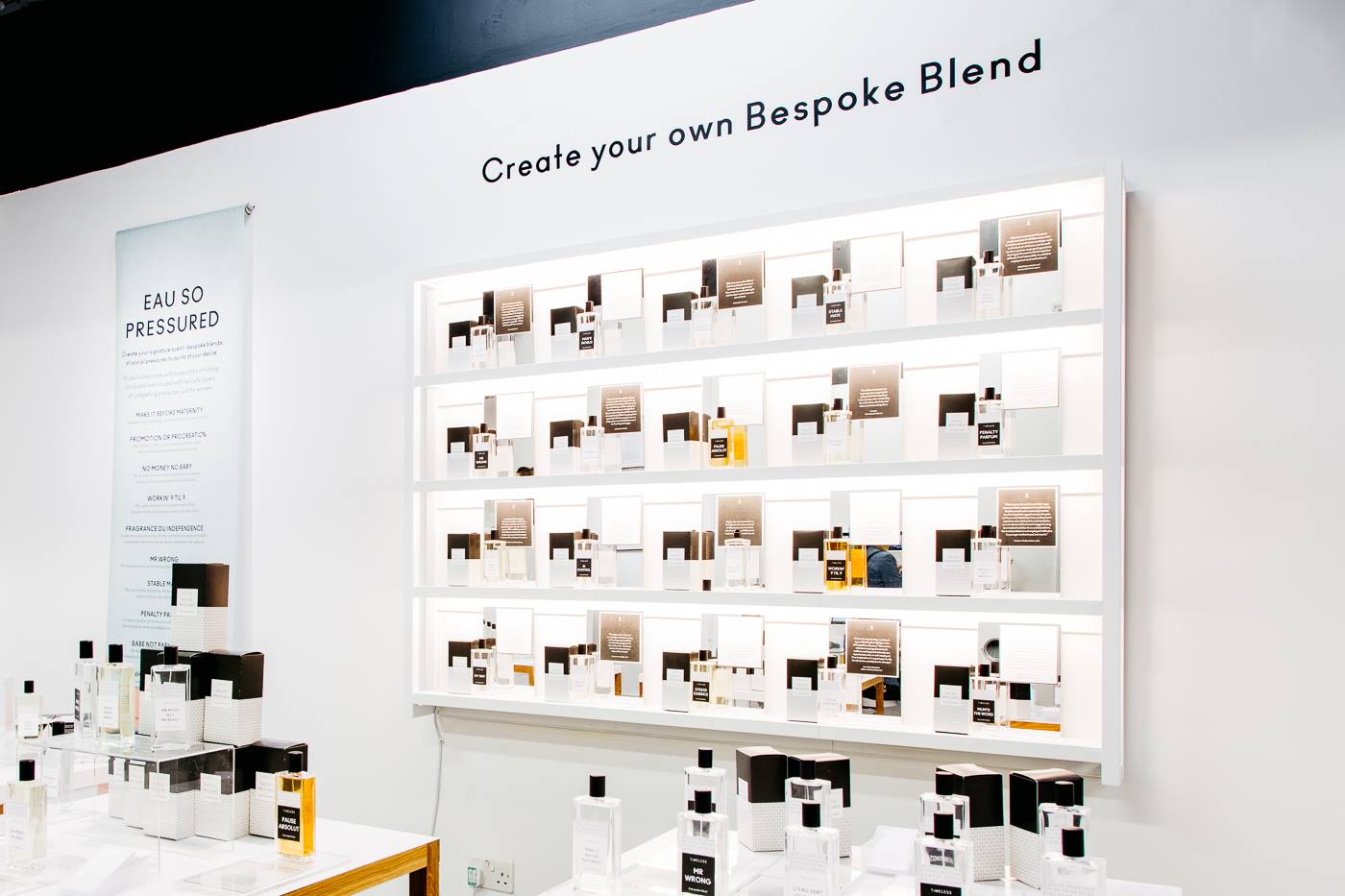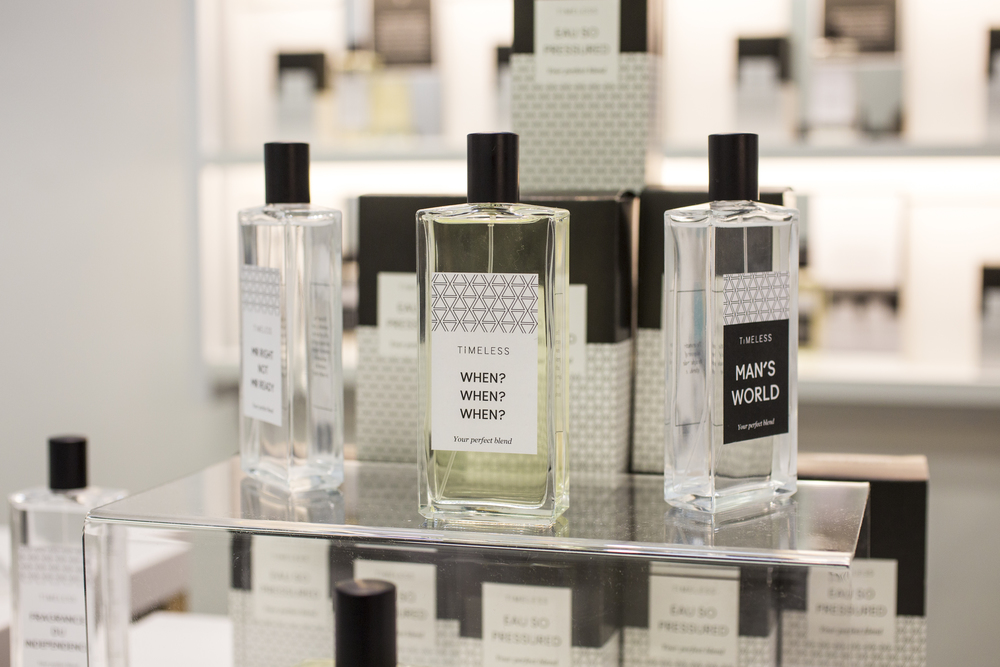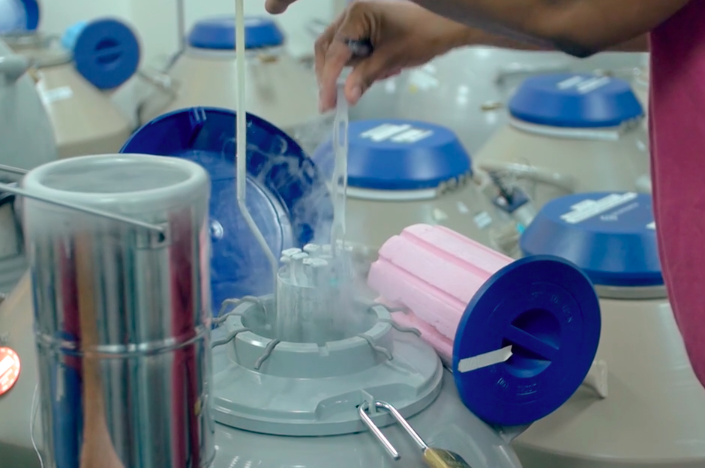Valerie had her eggs frozen last year. Here she shares some of her experience of the process...
Day 1 of injections for the fertility meds. I couldn’t help but feel like men have it so easy. What if I don't mix these drugs right? The thoughts of fear and doubt start to creep in. I was wishing I had someone to be here and hold my hand. I just kept thinking about all the countless women who completed IVF before me. Many of those women were injecting these meds into their bodies because this was their last shot at becoming a parent. I’m lucky that this hormone cycle was not a make or break situation for me.
I am not particularly scared of needles especially working within the healthcare space. I have seen much worse situations. It is more of this unnatural thing to inflict pain or stick a needle into your belly on purpose that got me. But once that initial shock was over, I began to think the shots themselves were not particularly bad. Dealing with the side effects like breast tenderness, hormones fluctuations and body’s physical reactions to the medications however I learned soon after were much harder.
After finishing 2 days of injecting myself with hormones, I had the routine down. Make dinner, take my antibiotic, inject myself with hormones, wash the dishes, relax with some reality TV, get ready for bed…
As each day passed I could start to feel my body change, and feel things I had never experienced. By the end of day three, I could tell my hormones were in full effect. I was crying at common commercials for no good reason. I couldn’t figure out what was wrong with me. Snap out of it I kept telling my head, but my body was in charge right now.
By day five I felt like I was getting hit by a bus. I started to have black and blue bruise marks all over my stomach. Today was an off-day from my morning monitoring visits. During the first week of hormones, I was only asked to come into the fertility clinic every other day to make sure the prescribed treatment plan was working effectively.
Symptoms such as breast tenderness, bloating, and fluid retention were really starting to be present and take over. Clothes started to hurt. Anything on my body felt like a thousand pins and needles poking me. I don’t want to sound dramatic here, but I was very uncomfortable.
In the heightened emotional state induced by hormone overload, even anodyne comments had the power to reduce me to tears. I was amazed how effected my emotions had become. I couldn’t explain why I felt this emotional. I was in a state of feeling ultra sensitive and vulnerable. My best advice for this time is to hibernate a bit and keep yourself positive. I did a little contact with the outside world as possible.
Getting up before the crack of dawn on a Saturday to make my morning monitor visit after a weeks worth of hormones is dedication let me tell you. I started to realize how cycle monitoring was a full time job. I didn't want to wear clothes especially around my mid section as it became increasingly uncomfortable. My hormones are increasingly raging and my breast tenderness was at an all time high.
I learned during this appointment that I had many follicles over 10mm big and they needed to reach over 15mm to be mature enough, but often times if they got larger than 20mm they would be too mature and not make the freeze either. However there are no guarantees that the smaller follicles could catch up in time or that the medicine would impact the larger already fast growing follicles.
I learned at my daily monitoring appointment today that my right ovary sits much higher than my left. That would explain some of my belly bulge shift on my right side that was higher than my waistline. It also might mean that it would be harder to retrieve the follicles and eggs from that side. By now, the side effects of the drugs were starting to get me down. I could barely stand the clothes that were on my body. Everything seemed to hurt. After work I went home and relaxed with a hot bath and went to bed early. I was so tired and worn out that I missed the phone call from my clinic with my results.
I was getting increasingly excited, as this morning monitoring exam could be the last one before my retrieval. I was feeling super bloated, uncomfortable and anxious for the retrieval to happen. The ultrasound confirmed that I would be ready for egg collection on Thursday.
I was feeling very tired this morning after getting up at 4 am to administer the first part of my trigger shot. It was rather hard to give myself the series of trigger shots because it had to go into the muscle of my butt. That reach around especially half asleep at 4 am was rather challenging.
As the day progressed my joints, tailbone, stomach and other body parts really ached. I was only sitting down, but I really wanted to be home safely in my bed and curling up in the fetal position. I was told that I was at risk for hyperstimulation and that I needed to take it easy. Ovarian hyperstimulation syndrome (OHSS) is a medical condition affecting the ovaries of some women who take fertility medication to stimulate egg growth. Most cases are mild, but rarely the condition is severe and can lead to serious illness or death. Today I felt aching sensation or pain on both sides of my ovaries. I was told that my ovaries were larger than the size of oranges at this point. No wonder they ached and felt tender to the touch.
- Day 13 Egg Retrieval Procedure
The day had finally come … after almost two weeks of intense meds and my stomach now protruding like I was pregnant, everything all leading up to this moment. Despite trying to remain calm, there’s no denying I feel positively jittery today.
Typical protocol events took place such as name check verification, IV placement, and offer to slumber land I went. The last thing I remember telling everyone was how the room felt like my fertility family was all together on Christmas eve.
I don't remember much after that. Apparently I cracked some jokes, told everyone I loved them, and was talking crazy talk after waking up from anesthesia. All I remember is how I was thirsty.
I suggest a few days before your retrieval to stock up on any fluids that contain electrolytes, easy to make food items, and semi healthy snacks. This would have saved me from having to beg my friends or neighbors to pick up these items for me when I was to exhausted and bloated the next day to do it myself.
What Egg Freezing Taught Me
I was also thankful that I had off work the following day and then into the weekend. Those three solid days of rest did me wonders. I probably could have done my normal activities, but it was nice to just rest instead. I would get headaches, dizzy easily, or out of breathe quickly. I found that I was moving slower and not as fast as I usually did. All of this is normal. Plus I really didn't fit back into my old clothes again yet.
What happens is your body fills up and retains fluid. Any weight you are gaining is really just water weight. So don't be alarmed as this is normal. You want to help replenish your system so your body flushes this out. As each day passes I was starting to feel more like myself. It is a process. Just remember it took you 2 weeks to get to this level, give yourself at least 2 weeks to start feeling like you did before you started the hormones. Everyone’s body responds differently to the medications.
All in all it was worth my effort. I was thankful I had done it. Little over a month worth of sacrifice for a lifetime opportunity seems worth it to me. I could tell I was already more calm and at peace.
As another birthday approaches all of my education, travels, and knowledge of the world has left me wondering, where is my future going and am I ready for parenthood alone or with a partner? I have this feeling that there is no such thing as being ready for anything, there is only now and the time is now. No matter where life leads or where my future takes me, I always have 17 beautiful eggs that are chilling until I am ready to use them.
